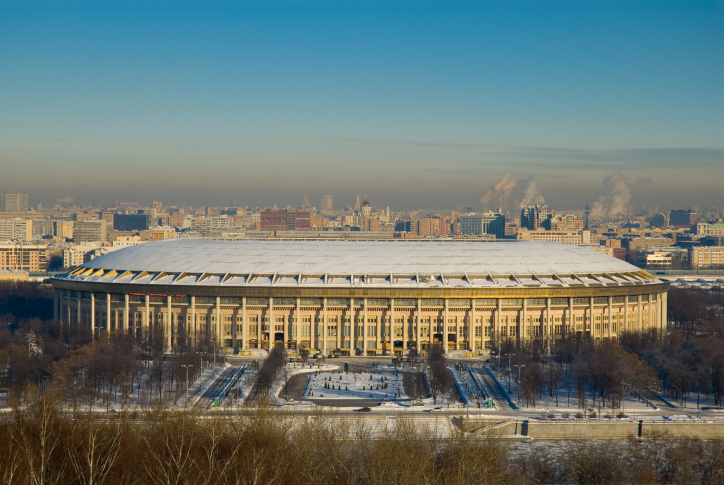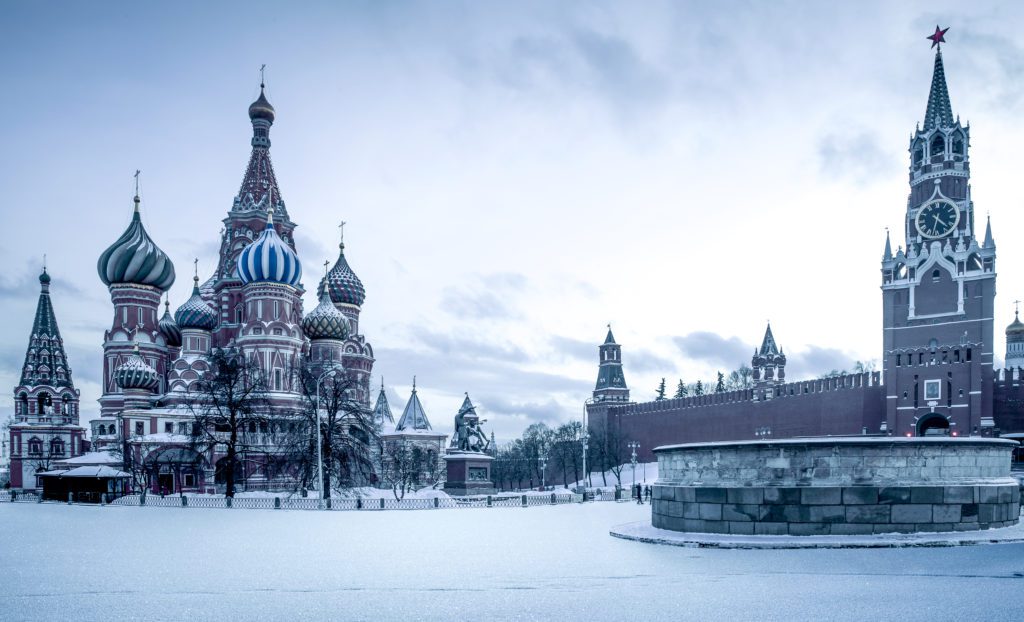Russian athletes unlikely to be banned from 2020 Olympics
The sanctions proposed by the CRC are not nearly harsh enough, in the opinion of many

On Monday, WADA’s Compliance Review Committee recommended that Russia be banned from hosting competitions for four years, but did not recommend that Russian athletes be banned from the Tokyo Olympics. The most serious sanction against athletes would be similar to what was imposed during the 2018 Winter Olympics in South Korea, when Russians competed as “neutral athletes” (and took home 17 medals). As a result, sports media are decrying the leniency with which Russia is being treated in the ongoing state-sponsored doping scandal. WADA’s executive committee is expected to rule on the issue on December 9.
RELATED: Sanctions likely as WADA rules RUSADA “non-compliant”

Initially, the CRC urged “serious consequences,” against Russia, which in September was given Russia three weeks to account for discrepancies and omissions in the data from the Moscow Laboratory, which observers hoped would include athletes being banned from the 2020 Olympics. Russia was re-instated in September 2018 in return for the lab data, which was found to have been tampered with. But that is not what the CRC is proposing.
The athlete advocacy organization Global Athlete, led by former WADA deputy director Rob Koehler, has issued a statement calling for stricter sanctions against Russia, including its athletes: “We all know the argument that athletes should not suffer due to state doping. But the problem is they will continue to suffer in this type of system if we don’t have meaningful consequences and leadership is not forced to change their ways.”
Russian Doping Scandal: Statement from the Organisation Global Athlete (by Rob Koehler, Director General) regarding the @WADA_ama CRC recommendations pic.twitter.com/fcQ05h043B
— Hajo Seppelt (@hajoseppelt) November 26, 2019
An Associated Press story by journalist Eddie Pells yesterday said that “in a damning admission, WADA said the Russians were tampering with the data as late as January 2019–days before they handed over the data that had originally been due on Dec. 31, 2018.
“Among the alterations, WADA says, was the planting of evidence in an attempt to implicate the lab’s former director, Grigory Rodchenkov. The planted evidence claimed Rodchenkov, who blew the whistle on the Russian doping plot, did so as part of a scheme to extort money from athletes.”
In 2016 Rodchenkov told the New York Times, at great personal risk, of a secret scheme to switch dirty athletes samples with clean samples through a hole in the wall, allegations that were confirmed in the McLaren Report later that year and detailed in the Academy Award-winning Netflix documentary, Icarus. The idea that he himself is implicated in the scandal strikes most observers as ludicrous.
The most telling and outrageous fact in the new RUS doping plot: they fabricated false evidence in order to discredit whistleblower Rodchenkov who escaped to the US and has been severely threatened since then. Crucial question is: who are the real state supported gangsters here?
— Hajo Seppelt (@hajoseppelt) November 26, 2019
IOC president Thomas Bach has said all along that he is not in favour of a blanket ban against Russia and its athletes.
Says Pells: “It seems the sanctions revealed Monday are about as bad as it will ever get for a country that cheats, gets caught cheating, cheats some more, and never needs to ask for forgiveness.”


